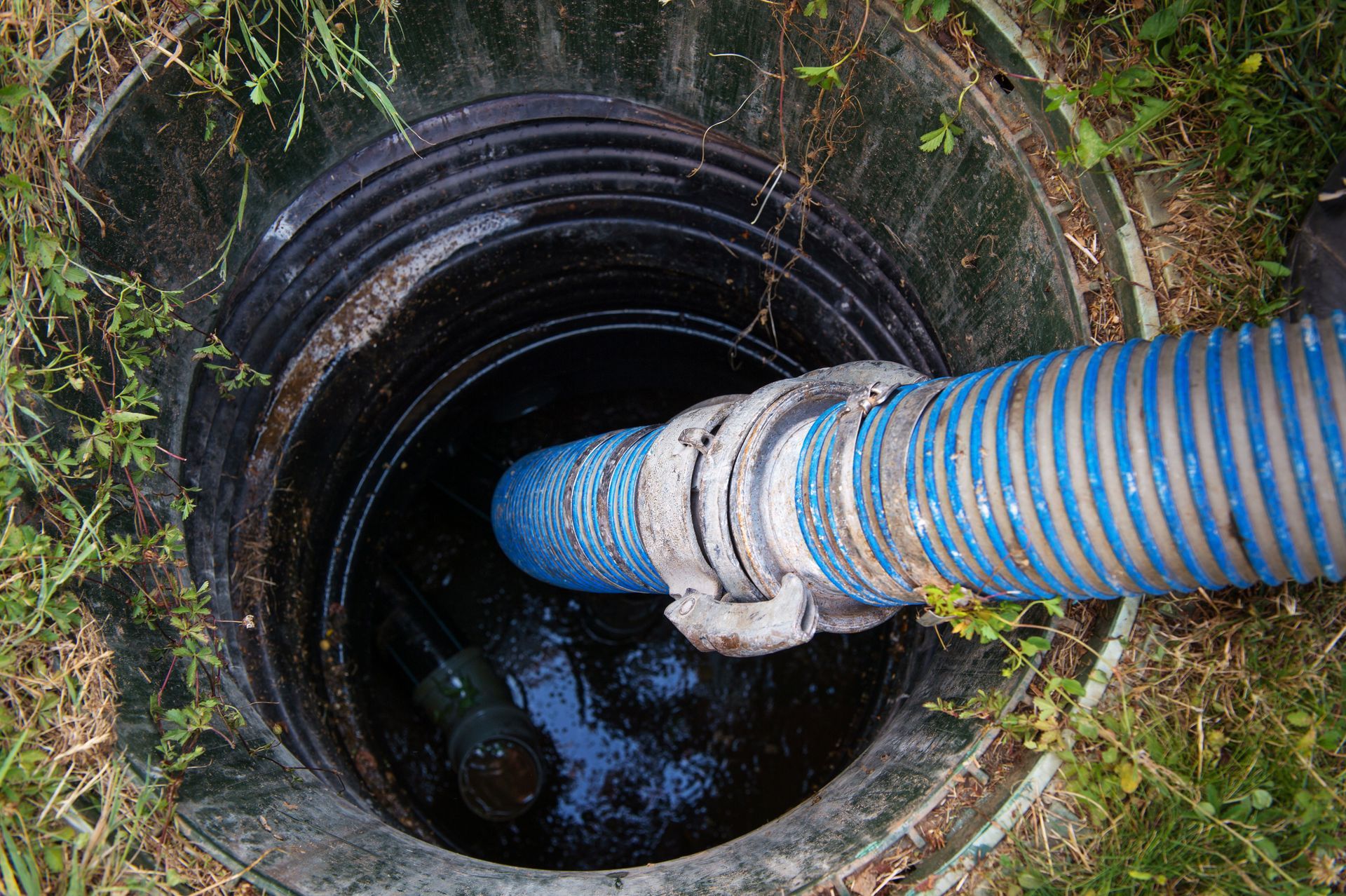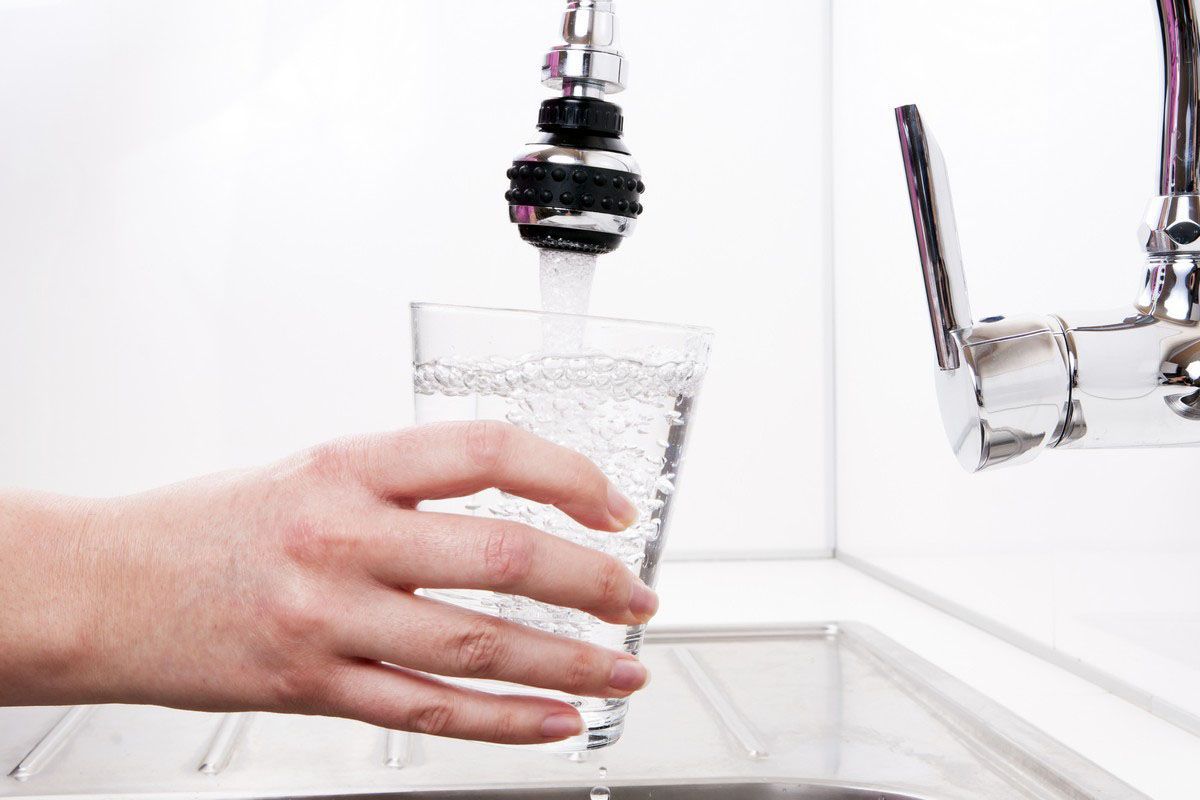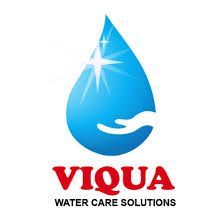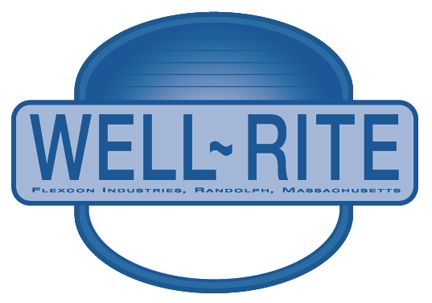July 24, 2025
Access to clean drinking water is a fundamental human right, yet maintaining its safety poses significant challenges. Water sources can be contaminated by various pollutants, including industrial waste, agricultural runoff, and naturally occurring substances. In this context, local water treatment companies emerge as a vital solution, offering expertise and localized strategies to combat these threats. These companies not only provide essential services but also adapt to community-specific challenges, ensuring that water remains safe and clean. The importance of their role is magnified in areas without centralized water systems, such as households relying on private wells for drinking water, highlighting their essential presence.
Understanding the Role of Local Water Treatment Companies
Protecting Public Health and Safety
Local water treatment companies play a crucial role in safeguarding public health by removing harmful contaminants from drinking water. Their efforts are aligned with stringent health standards designed to protect communities from diseases associated with polluted water. By maintaining water quality, these companies help prevent outbreaks of waterborne illnesses, which can have devastating impacts on communities. They serve as the frontline defense against pollutants, ensuring that the water reaching households is free of toxic substances and safe for consumption. Their contribution is particularly critical in rural and suburban areas, where municipal water infrastructure may not reach all homes.
Responding to Local Environmental Challenges
Each geographical area has its unique set of environmental challenges that affect water quality. Local water treatment companies provide tailored solutions that account for region-specific issues such as high mineral content or industrial pollution. Their understanding of local ecosystems allows for the development of effective treatment plans that standard approaches might overlook. By adapting to these challenges, these companies ensure that every community has access to clean water, regardless of local environmental conditions. The ability to provide such customized solutions is what differentiates local companies from larger, more generalized operations.
Delivering Specialized Knowledge and Expertise
The field of water treatment is complex and requires specialized knowledge that local companies possess. These companies employ experts who are well-versed in the latest technologies and regulatory requirements, ensuring they can deliver high-quality services. Their expertise allows them to quickly identify potential issues and implement effective solutions without unnecessary delays. Furthermore, their ongoing training and development efforts help them stay ahead of emerging contaminants and treatment methods. Their role as knowledge centers ensures that community members and local governments can rely on them for advice and support.
Meeting Water Quality Standards
Meeting and maintaining water quality standards is a primary responsibility of local water treatment companies. They regularly monitor and test water supplies to ensure compliance with regulations set by entities like the Environmental Protection Agency (EPA). This vigilance helps to prevent contamination from causing health issues and ensures continuous access to safe drinking water. The ongoing commitment to maintain these standards requires significant resources and dedication from these companies. Despite the challenges, their ability to consistently meet these standards highlights their importance to community well-being.
Educating and Engaging the Community
Engaging with the community and educating consumers about water safety is another pivotal role of local water treatment companies. They organize educational workshops and provide resources about safe water practices and the importance of water conservation. Through these initiatives, companies build public trust and equip individuals with the knowledge needed to address basic water safety at home. This educational role is crucial, particularly in areas where a significant portion of the population relies on private wells. According to the EPA, about 23 million U.S. households depend on private wells, underscoring the need for informed communities that can manage their water sources responsibly.
Implementing Technologies and Treatment Methods
Applying Filtration Techniques
Local water treatment companies employ various filtration techniques to remove particles and impurities from water. These methods can range from simple mechanical filters to more advanced methods like reverse osmosis, each catering to specific contaminants in the water supply. Advanced filtration systems are often combined to maximize efficiency, ensuring comprehensive removal of pollutants. Filters are regularly maintained and replaced, allowing for consistently high-performance levels in water treatment. Such cutting-edge techniques highlight the innovative capabilities of local companies in providing clean drinking water.
Using Disinfection Methods
Disinfection is a critical step in water treatment that eliminates pathogenic microorganisms. Local companies use a variety of disinfection methods, including chlorination and UV treatment, depending on the situation's requirements. These disinfection strategies are carefully selected to ensure effectiveness while minimizing potential health risks from disinfectant by-products. The use of these methods helps prevent the spread of diseases caused by bacteria, viruses, and protozoa in the water. By employing these techniques, local water treatment companies provide an essential service that keeps communities safe and healthy.
Incorporating Advanced Treatment Technologies
In addition to standard practices, local water treatment companies often utilize advanced treatment technologies to address specific challenges. Techniques such as ozonation, ion exchange, and electro-dialysis offer specialized solutions for complex contamination issues. These methods enable the treatment of emerging contaminants that traditional approaches may not adequately address. The adoption of such innovative technologies reflects the commitment of these companies to providing cutting-edge solutions to water quality issues. This continuous innovation ensures that local water treatment companies remain at the forefront of the industry.
Implementing Monitoring and Control Systems
Effective monitoring and quality control are essential components of the services provided by local water treatment companies. These companies invest in sophisticated monitoring systems that allow for real-time analysis of water quality. Such systems enable quick identification of potential problems, allowing for immediate corrective actions to be taken. Testing protocols are stringent, with regular evaluations to ensure compliance with regulatory standards. Continuous monitoring showcases the proactive approach of local companies in maintaining water safety and quality.
Managing Waste and Sludge Treatment
Water treatment processes generate waste products that need careful handling to minimize environmental impact. Local companies have developed efficient waste management and sludge treatment procedures to address this challenge. These processes typically involve dewatering, stabilization, and safe disposal of waste materials. By treating and recycling waste whenever possible, companies reduce the environmental footprint of their operations. This commitment to responsible waste management and sustainability is indicative of the broader environmental stewardship practiced by local water treatment companies.
Overcoming Challenges in the Water Treatment Industry
Addressing Financial and Resource Limitations
One of the major challenges faced by local water treatment companies is financial and resource limitations. Smaller companies often struggle with limited budgets, making it challenging to invest in new technologies or expand their operations. This constraint can hinder their ability to implement comprehensive solutions or upgrade their facilities to meet modern standards. Despite these limitations, local companies strive to optimize resource use and deliver the best possible services to their communities. Their resilience in the face of financial pressures is a testament to their dedication and commitment to public health.
Local water treatment companies play a crucial role in ensuring access to safe drinking water, navigating numerous challenges to deliver high-quality services. By utilizing innovative technologies and adapting to local environmental conditions, they maintain essential water quality standards. These companies foster community engagement, support local economies, and actively collaborate with a variety of stakeholders. As the industry evolves, local water treatment companies remain integral to public health, sustainability, and economic resilience. Continued support and innovation in this sector are vital for securing clean, safe, and sustainable drinking water for all communities. Make sure you get in touch with Water Systems Specialties, A Regional Water Authority Company today!










